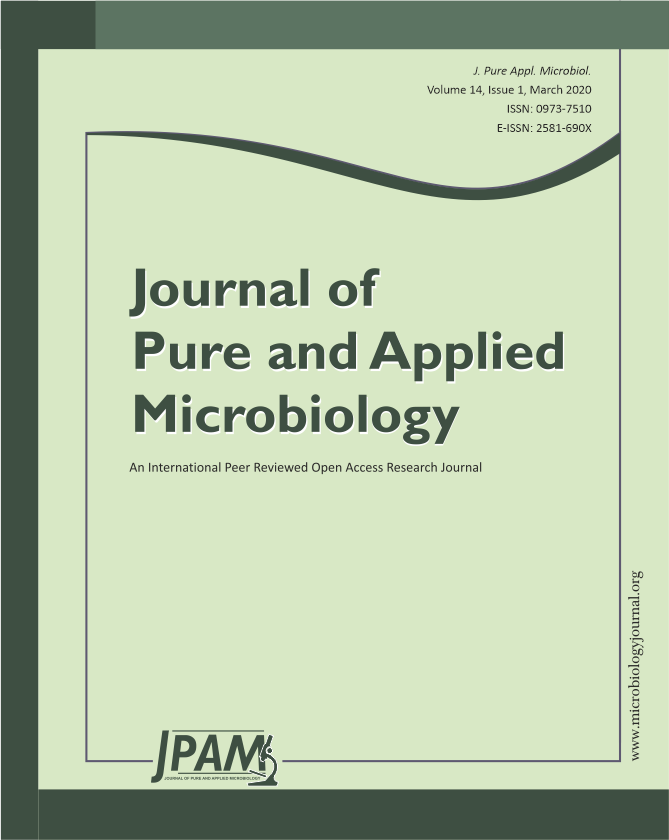Bacterial strains isolated from fermented foods are gaining significance as they are reported to have antibacterial, antioxidant, and anticancer properties. α-glucosidase is an essential enzyme in carbohydrate digestion and is the target of several anti-diabetic drugs. Tyrosinase catalyzes the rate-limiting reactions of melanin biosynthesis and hence its inhibitors are used as whitening agents. This study aimed to sequence the genome of Bacillus subtilis JNUCC isolated from Galchisokjeot, a traditional Korean fermented food from the Jeju region. It further investigated the potential use of its extract in controlling blood glucose levels and as a whitening agent. The genome of this strain was sequenced using the MiSeq System (Illumina Inc.). Different concentrations of the B. subtilis JNUCC extract were tested for α-glucosidase and tyrosinase inhibition activities, using acarbose and arbutin as controls, respectively. The whole genome sequence of the strain contained 4,170,746 bp with 43.6% GC content, 14 contigs and 4,338 genes. The half maximal inhibitory concentration (IC50) values of the bacterial extract and the control against α-glucosidase were 101.92 μg/mL and 204.58 μg/mL, respectively. The IC50 values of the bacterial extract and the control against tyrosinase were 669.52 μg/mL and 79.23 μg/mL, respectively. Our study found that B. subtilis JNUCC extract showed two times higher α-glucosidase inhibitory activity than that of acarbose and the inhibition was concentration dependent. Furthermore, although the tyrosinase inhibitory activity of the extract was weaker than that of arbutin, it was concentration-dependent. Thus, B. subtilis JNUCC has potential applications as an α-glucosidase and tyrosinase inhibitor, and can be used in cosmetic and medicine industries.
α-glucosidase, Bacillus subtilis, genome, Inhibitor, Jeju, Tyrosinase.
© The Author(s) 2020. Open Access. This article is distributed under the terms of the Creative Commons Attribution 4.0 International License which permits unrestricted use, sharing, distribution, and reproduction in any medium, provided you give appropriate credit to the original author(s) and the source, provide a link to the Creative Commons license, and indicate if changes were made.


